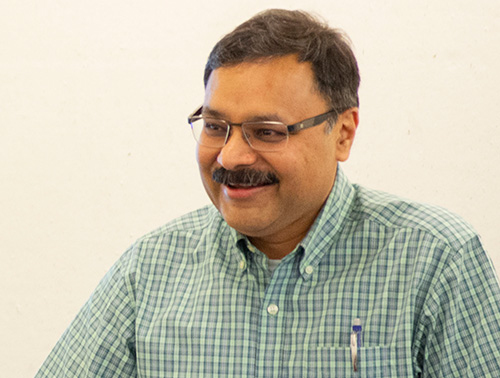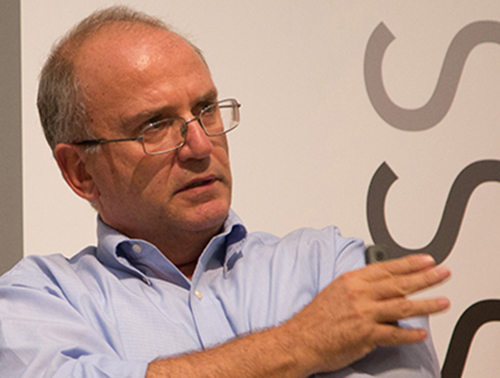Interpretation and Analysis
Historical studies in architecture aim to produce knowledge about particular architectural works, whether taken individually or in various formations—styles, individual works, oeuvres, periods or movements. But studies of particular works can also give us insights into questions about the character of architecture in general. Why is architecture so often manifested through rule-governed stylistic traditions even though innovation and originality have always been valued? Why is there stylistic change in architecture, and what role does technology play in creating it? Why does the look of the building matter, and, more generally, why should aesthetics matter to architecture? Why do we look for explanations of architectural works, and find accounts that frame these works as being about specific ideas or concepts to be so compelling? How much of architectural content of project be conveyed by drawings created under the constraints of projective conventions?
Research on these questions draws upon the school’s strengths in morphology and interdisciplinary links with scholars in literature, psychology, and art history. Recent work has focused on the study of architectural media including drawings, photographs, and films, and on developing methods for understanding how objective experiential and conceptual content is embodied in architectural works.
Students choosing to work in this area train in the procedures of interpretive inquiry, bringing a combination of historical knowledge, design analysis, and results from psychology of art and aesthetics to bear on specific cases, periods of architectural history, or architectural oeuvres. The training aims to prepare students for research careers that contribute not just to architecture but also engage with work in recently created interdisciplinary programs of research investigating the relationship between art and mind: neuro-aesthetics, studies of representation and attention in human vision, the philosophy and psychology of imagination and cognitive studies of artistic fabrication.
Safety Net Questions - Main Office Contact Info
Questions?
Contact Us


